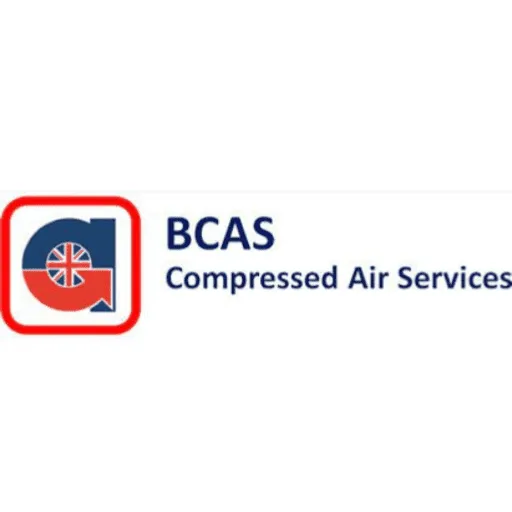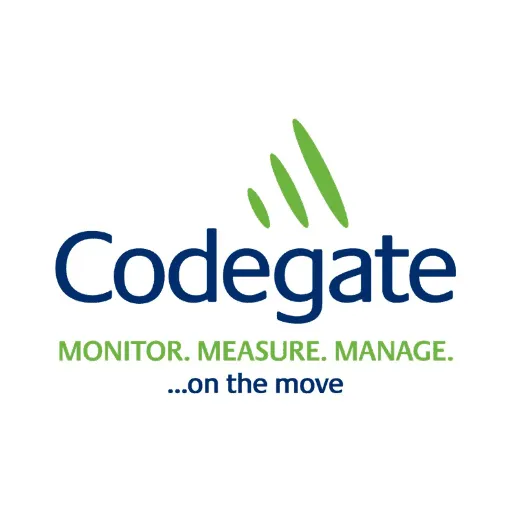Employer disciplinary procedures set out how the employer will deal with an employee’s misconduct or poor performance. Employers must put fair, transparent policies in place and follow those policies in all cases. If they don’t, they may face an unfair dismissal claim.
Here, our HR specialists explain why it’s essential to follow fair procedures when dealing with disciplinary issues. We describe the steps you should take and the potential consequences of failing to fulfil your legal obligations.
Call us now on 01491 598 600 or email us on cw@gaphr.co.uk and we will be delighted to help you.
Why Do You Need Employer Disciplinary Procedures?
A content, engaged workforce is the backbone of your business. Your employees should feel secure in their roles, knowing that any issues regarding their conduct or performance will be handled fairly and transparently. By establishing clear policies that address disciplinary and grievance matters, you can instil confidence in your staff that you are committed to treating them justly, and thoroughly investigating any disciplinary issues before taking action.
However, the reasons for implementing and adhering to employer disciplinary procedures extend beyond moral obligations. One of the grounds on which an employee can file an unfair dismissal claim is if their ex-employer did not follow a fair procedure. By implementing comprehensive employer disciplinary procedures and ensuring their consistent application, you can significantly reduce the risk of an employee bringing an unfair dismissal claim against you, or any such claim succeeding.
What Should Your Employer Disciplinary Procedures Include?
The Advisory, Conciliation and Arbitration Service (ACAS) has developed a Code of Practice to assist employers in handling disciplinary issues. While the Code Is not legally binding, a Tribunal will consider an employer’s compliance when deciding the level of damages to award in a successful unfair dismissal claim. Non-compliance with the Code could increase the damages you are ordered to pay by up to 25%.
Some employers incorporate all the provisions of the Code into their employer disciplinary procedures to ensure compliance with their obligations. However, the Code expressly recognises that some of the guidelines may not be suitable for all organisations and notes that the Tribunal will take matters such as the organisation’s size and resources into account when considering whether compliance would have been reasonable. Other employers devise bespoke employer disciplinary procedures based on the Code. You might choose to do so to increase your employees’ rights or to reflect the reality of your organisation’s structure.
Employer disciplinary procedures should be in writing and should generally include the following key information:
- Details of the types of conduct and performance that might warrant disciplinary action.
- Details of the steps involved in the procedures. The Code suggests the following steps as being reasonable:
o Speaking with the employee informally to see if the matter can be resolved without disciplinary action.
o Establishing the facts.
o Holding an investigatory meeting where necessary.
o Informing the employee that you have decided to pursue disciplinary action and providing details of the time, date and venue.
o Holding a disciplinary meeting.
o Reaching a decision.
o Notifying the employee of your decision and of their right to appeal.
o Dealing with any appeal.
Where Should You Keep Your Employer Disciplinary Procedures?
Employers must make their employer disciplinary procedures easily accessible to all staff. For example, you may choose to detail your employer disciplinary procedures in your employment contracts or in your staff handbooks.
What Are The Consequences Of Failing To Follow Appropriate Employer Disciplinary Procedures?
As we explain above, the Employment Tribunal may take any failure to adhere to appropriate disciplinary procedures into account when deciding on the level of damages to award in a successful unfair dismissal claim. Moreover, not following a fair procedure before terminating an employee’s employment may give them grounds to bring an unfair dismissal claim against you.
If your employer disciplinary procedures are incorporated into your employment contracts, they create contractual obligations on your part towards your employees. You are contractually obliged to adhere to the procedures, and if you don’t, your employee may have a claim against you for breach of contract. A common remedy in breach of contract is damages to compensate the employee for any financial loss caused by your breach. The time limits for bringing a breach of contract are considerably longer than those relating to unfair dismissal claims, six years as opposed to three months, so there is a risk of a claim surfacing sometime after the employee has left your employment.
Employer disciplinary procedures play a crucial role in dealing with employee misconduct and performance issues. Our experienced HR specialists have extensive experience drafting the policies that employers should put in place. We ensure these procedures not only comply with the law, but also reflect your organisation’s values and ethos. If you are embarking on an employment disciplinary procedure, our expert support and guidance will guarantee a fair and lawful process, thereby reducing the risk of your employee claiming their dismissal was unfair.
Call us now on 01491 598 600 or email us on cw@gaphr.co.uk and we will be delighted to help you.








































































































